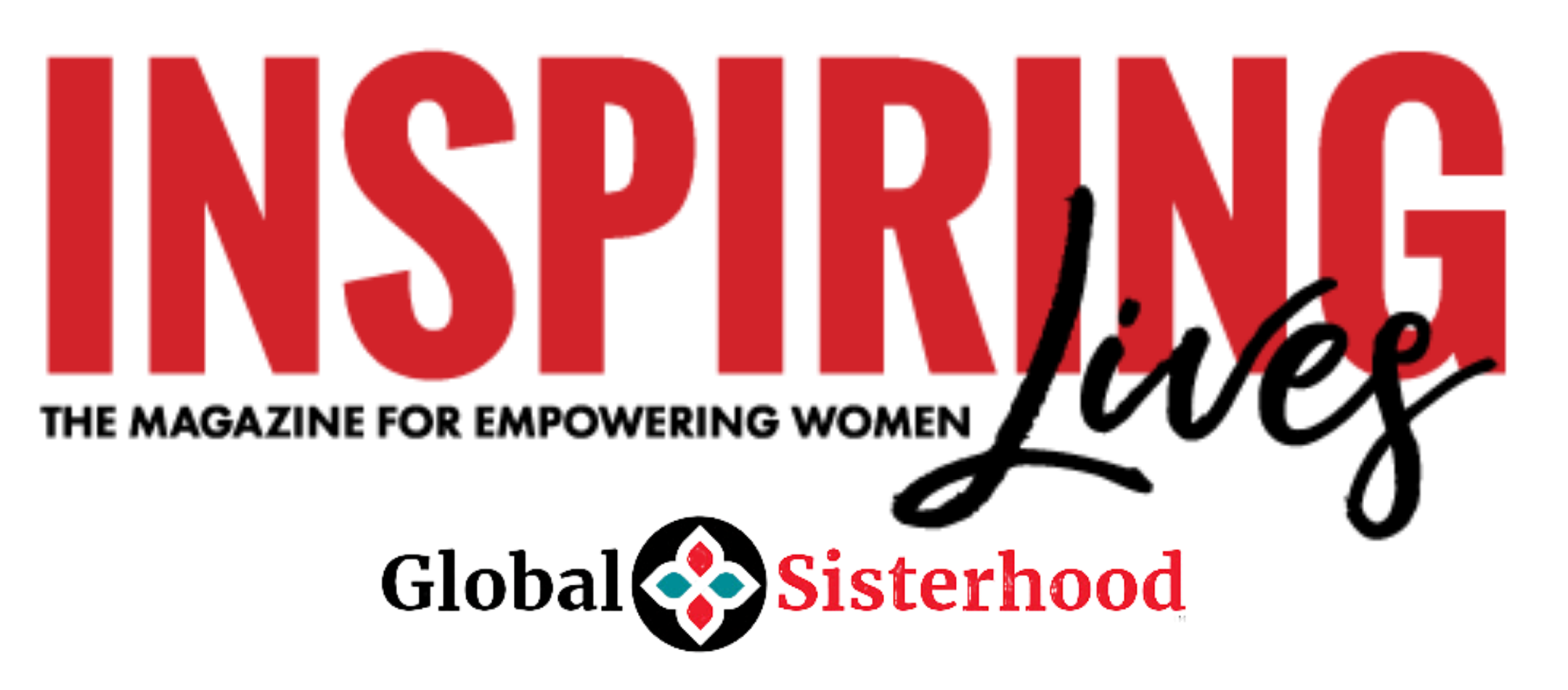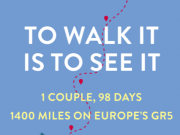My name is Mahnaz M. Harrison and I founded Last Mile4D in 2014 following my Fulbright Scholarship in the Republic of Georgia. My immersive experience in community-based health initiatives during this period ignited a profound realization of the pervasive challenges hindering the rights of women and girls in remote regions, often termed the “Last Mile.” “Last Mile” is a term of art referring to remote communities shut off from many of the health and infrastructure services available in larger cities.
Inspired by the glaring lack of access to essential health information and the rights to health and safety from abuse among women and girls in the “last mile”, I embarked on a mission to devise alternative approaches to providing those services. LM4D’s inception was a response to this pressing need, aimed at designing and implementing community-centered programs to address the health and safety concerns from gender-based violence of women and girls.
In establishing LM4D I set out to achieve the core objective of empowering girls and women by providing them with knowledge and resources to assert their rights to health, safety, and freedom from gender-based violence (GBV), including the pernicious practice of Female Genital Mutilation (FGM). Our conviction is rooted in the belief that irrespective of geographical location, each woman and girl deserves a life free from abuse and mutilation.
Our primary focus has been on equipping women and girls with the necessary tools to comprehend and advocate for their rights against FGM. These efforts have resulted in tangible outcomes such as economic independence, increased access to education and reducing the incidence of FGM. Since 2019, our mission has shown results in combatting FGM, using real time data and technology to bring what has been a silent and  invisible crime to the surface. By integrating technology with on the ground training and stakeholder involvement, LM4D has successfully reached and educated women and girls about their rights to health and safety from abuse, thereby empowering them to advocate for their well-being and rights. In Kenya we have engaged all community stakeholders as partners in our effort and have used actionable data to spare 5000 girls from the scourge of FGM.
invisible crime to the surface. By integrating technology with on the ground training and stakeholder involvement, LM4D has successfully reached and educated women and girls about their rights to health and safety from abuse, thereby empowering them to advocate for their well-being and rights. In Kenya we have engaged all community stakeholders as partners in our effort and have used actionable data to spare 5000 girls from the scourge of FGM.
Despite being outlawed in most nations, FGM persists clandestinely, often lacking actionable data for effective prevention. By fostering inclusive collaboration, LM4D endeavors to affect enduring and quantifiable change in women and girls’ access to health and safety from abuse.
While progress has been made, much more needs to be done in Kenya and other countries where women and girls have their rights to health and safety abused every day. This is the mission I remain committed to.





































